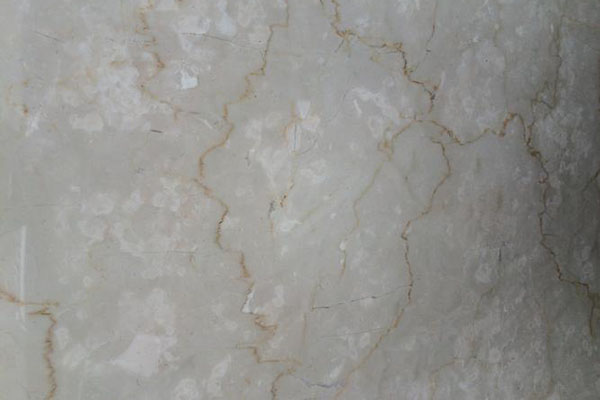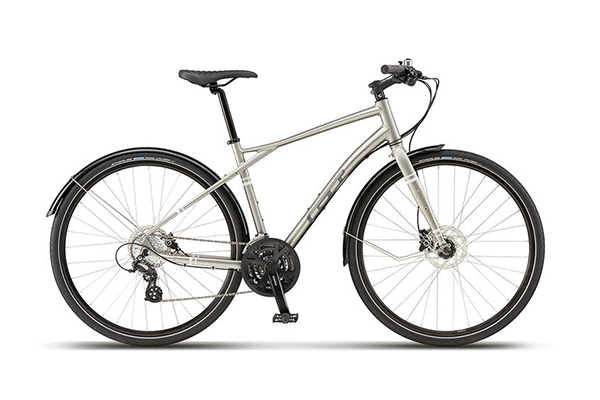When setting up a new workspace, whether it’s for woodworking or metalworking, choosing the right benchtop is crucial. The benchtop is the foundation of your workspace, and it’s where you’ll spend most of your time working. One of the most important factors to consider when choosing a benchtop is its thickness. In this post, we’ll compare 40mm and 60mm benchtops to help you determine which is the better option for your needs.
Benchtop Thickness
The thickness of a benchtop affects its stability, durability, weight, cost, and suitability for different applications. A thicker benchtop is generally more stable and durable than a thinner one. However, a thicker benchtop is also heavier and more expensive. The thickness of a benchtop can also affect its suitability for certain applications.
Stability and Durability
Stability and durability are important considerations when choosing a benchtop. A stable and durable benchtop is essential for precision work and can withstand heavy use without warping or cracking. A 60mm benchtop is more stable and durable than a 40mm benchtop due to its thicker construction. A 60mm benchtop is less likely to warp or crack under heavy use, making it a better choice for heavy-duty work.
However, a 60mm benchtop may not be necessary for all types of work. If you’re working with lighter materials or doing precision work, a 40mm benchtop may be sufficient. It’s also worth considering the weight of the benchtop, as a 60mm benchtop is significantly heavier than a 40mm benchtop.
Weight
The weight of a benchtop is an important factor to consider, especially if you need to move it around frequently. A 60mm benchtop is much heavier than a 40mm benchtop, which can make it difficult to move around. If you need a portable workspace, a 40mm benchtop may be a better option.
However, if you’re looking for a more permanent workspace, the weight of the benchtop may not be as important. A heavier benchtop can also provide more stability, which is important for heavy-duty work.
Cost
The cost of a benchtop is another important consideration. A thicker benchtop is generally more expensive than a thinner one. A 60mm benchtop is significantly more expensive than a 40mm benchtop. If you’re on a budget, a 40mm benchtop may be a better option.
However, it’s important to consider the long-term costs as well. A more durable benchtop may require less maintenance and replacement over time, which can save you money in the long run.
Applications
The thickness of a benchtop can affect its suitability for different applications. A 60mm benchtop is better suited for heavy-duty work and can withstand more wear and tear than a 40mm benchtop. However, a 40mm benchtop may be better for precision work, as it provides a more stable surface for delicate work.
It’s important to consider the type of work you’ll be doing when choosing a benchtop thickness. If you’ll be doing a mix of heavy-duty work and precision work, a 60mm benchtop may be the best option. If you’ll be doing mostly precision work, a 40mm benchtop may be more suitable.
Maintenance
Maintenance is an important consideration when choosing a benchtop. A thicker benchtop may require more maintenance than a thinner one. For example, a 60mm benchtop may need to be sanded and refinished more often than a 40mm benchtop to maintain its appearance and prevent warping.
However, a thicker benchtop may also be more durable, which can reduce the need for maintenance over time. It’s important to consider the maintenance requirements of both 40mm and 60mm benchtops and choose the option that fits your maintenance needs and schedule.
Conclusion
Choosing the right benchtop thickness is an important decision when setting up a workspace. A 40mm benchtop is generally less expensive and lighter, making it a good choice for precision work or portable workspaces. A 60mm benchtop, on the other hand, is more stable and durable, making it a better choice for heavy-duty work.
When choosing a benchtop, it’s important to consider the type of work you’ll be doing, as well as your budget, maintenance needs, and workspace requirements. Ultimately, the right choice depends on your individual needs and preferences. We hope this comparison of 40mm and 60mm benchtops has helped you make an informed decision for your workspace.



